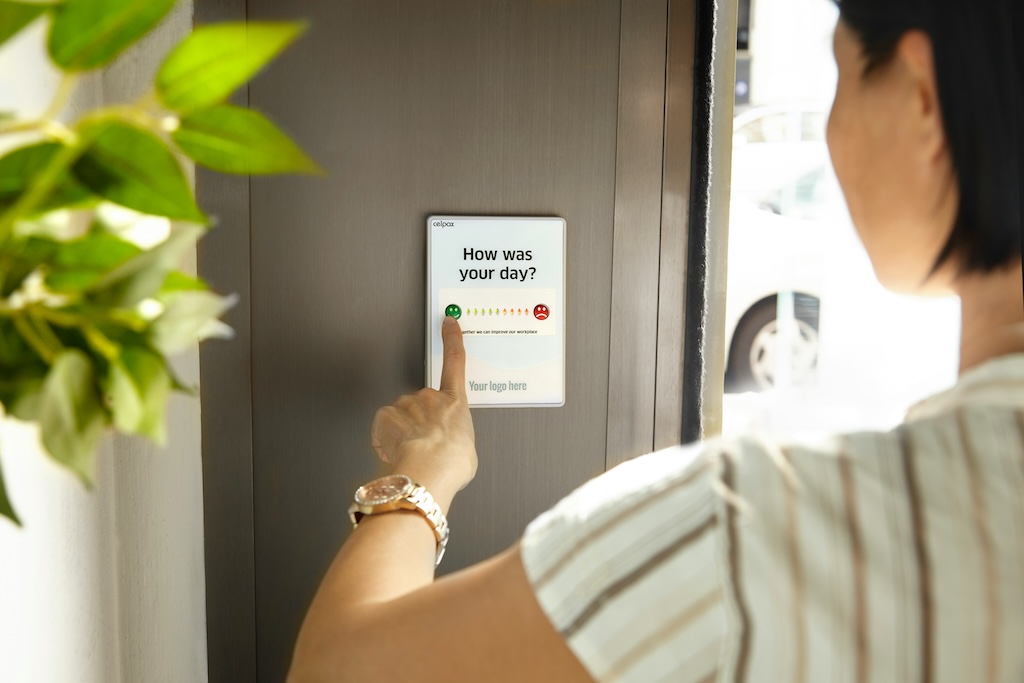I originally wrote this blog post for RemoteBase on December 15, 2016. It seems that RemoteBase shut down in 2018, and since my thoughts on remote working have not changed, I figure this post can now live on the internet here.
I’m a company employee, but I can’t go to my office, even for a visit. It simply doesn’t exist.
At reinteractive, a digital consultancy, “remote-first” is trumped by “remote-only”: all employees, regardless of their role in the organisation, work remotely. Our team chat software is the virtual roof that houses us, and it is our primary method of communication, both internally and with our clients.
Before starting at reinteractive, I had worked at other technology companies where very occasional remote work was permitted, but it was generally outside of the norm, and the principal mindsets were that work was done at the workplace. Now, all my work is done wherever I can use my laptop and get a 4G signal: my physical location is completely detached from the work output I provide.
Remote mindset
Changing to the remote-style of long term full time work did require a transition period for me in order to find a work rhythm that I was comfortable with.
The first issue that I had was how to convince myself that I was “at work”, when I was physically at home. Previously, getting from a “home” to a “work” mindset involved lots of different unconscious triggers over a period of time: putting on “workplace clothes”, physically leaving my home, commuting, entering an office, and seeing and interacting with people that I associate with work.
All that was gone: what I wear is irrelevant, the commute is ten steps to a desk, and at home there’s no one else around. I had to find a new trigger, and for me this was our team chat software. When it’s open, and I say “good morning” to my team, then I’m at work. When I’m done with work for the day, say “good night”, and close team chat, then my desk magically stops being for work, and becomes my personal desk. Doing this every day eventually made it routine, and hence easier to switch between the mindsets as time went by.
Proving you exist
When you’re working with a team or for a client on-site, then you’re assumed to be doing your job by anyone that can physically see you, because otherwise why else would you be there? When your team only knows you as text/video on a screen, and there is no constant visual feedback for them that tells them you are working, I’ve found that I’ve needed to kick my communication levels into overdrive. This includes asking lots of questions, raising potential issues early, periodic one-line status updates, and insisting that someone sign-off on the work performed, usually via a project/work tracker.
This last point in particular forces acknowledgement of work being done, and brings a reality to the value it provides. If you can get to a point where you’re overloading someone with finished work to approve, it can help people overcome any anxiety or trust issues that they may have with wondering if you are actually doing any work because they can’t physically see you doing it. The worst thing that can happen is to, say, get stuck on a problem all day and not say anything about it because you’re afraid of being the barer of bad news. If you’re feeling pain, your team/client should also feel it, and I’ve found that concrete pain is far more manageable than uncertainty.
Keeping up appearances
Although I love the freedom to be able to work where I please, and to be able to focus on tasks without the distractions that an office environment can cause, I still really like face-to-face interactions. After a certain period of time working from home, I can start to really crave just talking to people, anyone, face-to-face (we are social animals, after all). Meetups have really helped me fulfil this need, both professionally and personally, and have been great catalysts to be able to just get out of the house and get a change of scenery.
Just for tech?
I’m a software engineer and hence my line of work is generally very compatible with remote working, but I don’t think it should be limited there. There are plenty of knowledge workers in non-technical fields who could potentially work remotely, and the barriers to giving it a try are lower than they’ve ever been. A great resource on getting further information about remote work, and arming yourself with great reasons to give it a try to your bosses, is Remote: Office not Required, by Jason Fried and David Heinemeier Hansson.
So, if remote is something that you, as an employee, want to explore further with your company, I’d highly encourage you to trail blaze a path for yourself and your colleagues. I think that any roadblocks incurred along the way will be worth the satisfaction that you will get by gaining more freedom around one of the most important activities in your life.




Leave a comment